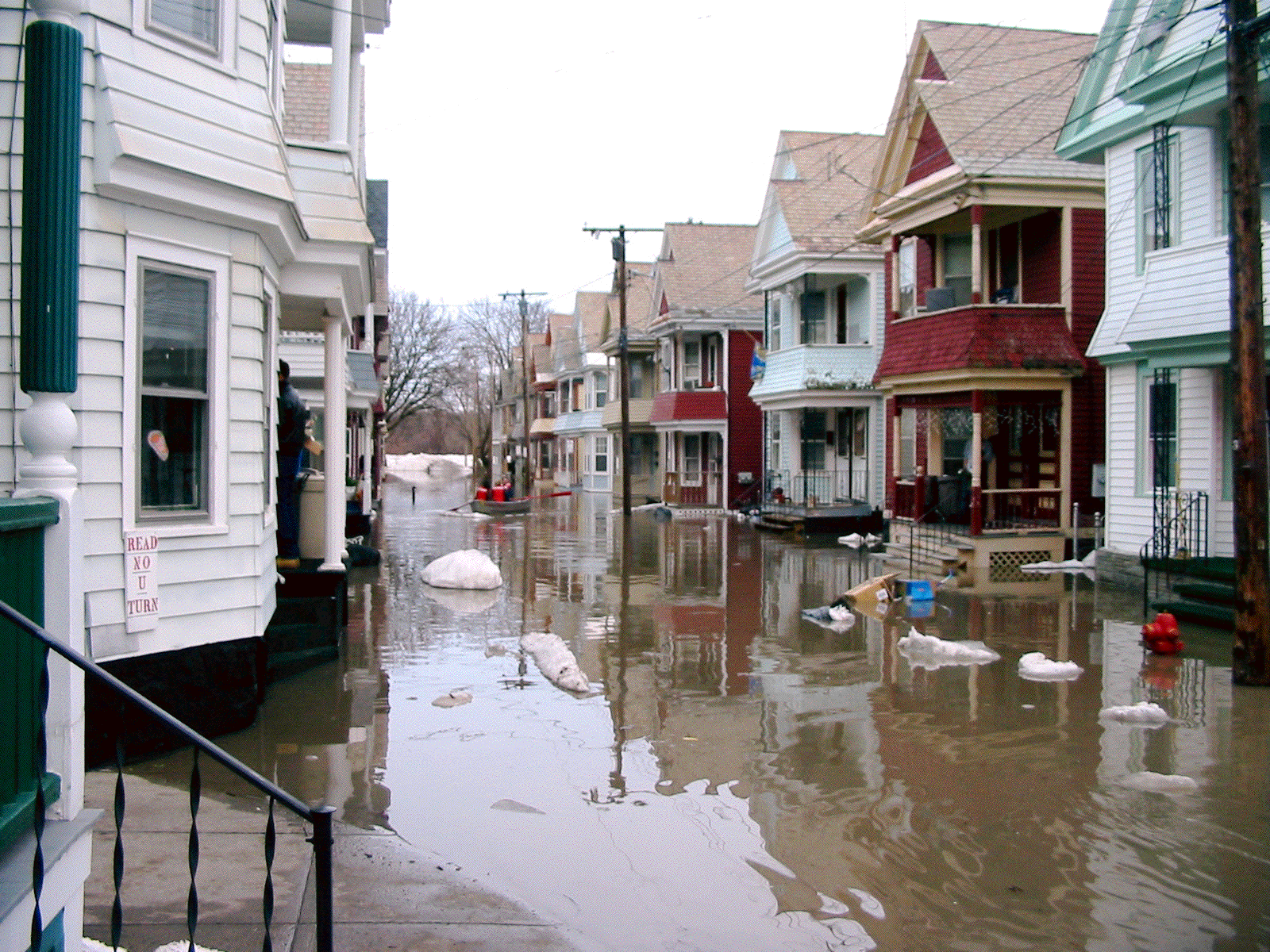Every so often it's good to get out the wheelbarrow and shovel and dig up the old questions we may often have about poetry. I can thak Brooke for this and do so whole-heartedly, especially since she got me to go back to the Healing Arts Center again to go see the poets, dramatists and accolade collectors. More than anything, it re-raises the question about what constitutes a poetical piece and what is just ...a horse of a different color. (What a great name for a racehorse by the way, Horse of a Different Color, sure beats ShortLongShort or Half a Furlong) I don't walk around thinking about the answers to that question. In fact, I don't know if it really crosses my mind. My usual stance on the issue where my OWN writing is concerned is, am I expressing myself how I want to express myself... which is not to say clearly. You don't get that guarantee. Not with poetry, I don't think. Not if you're reading John Ashbery, John Berryman, Elizabeth Bishop, EE Cummings, Old Man Frost, hell, Sylvia Plath, and the list goes on and on... Shakespeare was not crystal clear, even to his contemporaries, who one would assume spoke the same language that he did... quite the contrary, it would seem. Wouldn't they too, struggle with meanings, or as we discover, double meanings of many of his verses and phrases... Readers, to an extent, have to begin to ask themselves, would the delight in the craft of the language if we didn't have to work at it in any way? If we knew exactly what was being said, if we knew what the writer was conveying at once, wouldn't that simply be an article or a treatise. And if it didn't contain some conceits of language, wouldn't it fall under the category of essay or a philosophical tract? Even worse, imagine a poet setting out to find his own form of expression, only to find himself instead writing line after line of literary criticism, something likened to legal writing and philosophical drudgery. Yet for so many, it seems to pay the bills as they rest in the ivory towers of scholarship, never to breathe another honest thought or even let down their golden hair. You could wind up writing blogs for the remainder of your days too, ever since their advent about five years ago or so, anybody can get their poems publish. (Or so I am told by a friend recently, "You, too, can publish your poetry if you decide to spend $50 on poetry.com in order to have your old gold-leaf copy of your own writing.)
My point I think is simple. That it's not the artifice that matters, poetry generally looks the same throughout. If you open a book or a leaflet and you see the words arranged in the conventional fashion, you will not mistake it for anything else. Poets like Robert Hass, Yusef Komunyakaa, even Donald Hayden and Allen Ginsberg liked to test the boundaries of poetic form. Shake it up a little, make it look like something else. Otherwise, you, the reader are going to be able to determine when verse is verse and when narrative (fictional or non-) is just narrative... but the content is what will distinguish it's greatness. There is no true formula and everyone, including the most rakish of hacks know that. But the fact of the matter, I have discovered undoubtedly, is that the reader will be drawn to what they are drawn to.
If I consider myself fairly appreciative of poetry, then I have to recognize that other other appreciative readers do not share the same taste that I do. They may look at someone like Michael Palmer and think ...what is this guy doing? this is absolute rubbish hieroglyphics to me, and I may thoroughly enjoy his pendantry as something both comical and innovative. Likewise, I may like AR Ammons (and do!) while other readers might find him boorish and awkward. Beauty is in the eye of the beholder. But if you want to get closer to the work, and see if it is appreciation-worthy, you should start by trying to get at the mechanisms by which the artists keeps his artifice. How is he laying down the tracks of his tears?
And yet there seems the other dimension of the reader's experience of poetry where the artifice matters very little. This experience that you have where you read the words, the reader-reponse approach to criticism, where you are not paying attention to mechanics at all, but are winding around and through the picture, situation, experience created by the words.
Tuesday, February 12, 2008
Subscribe to:
Post Comments (Atom)





No comments:
Post a Comment